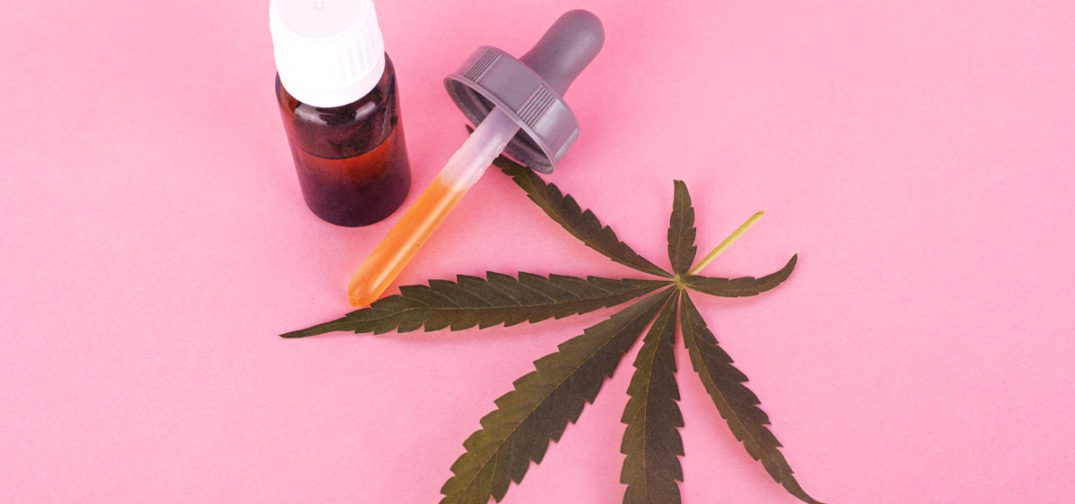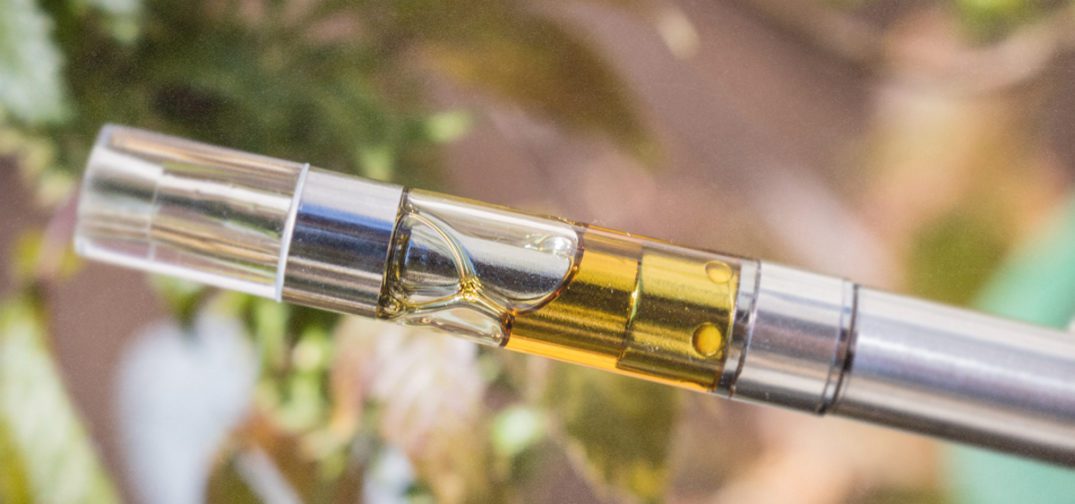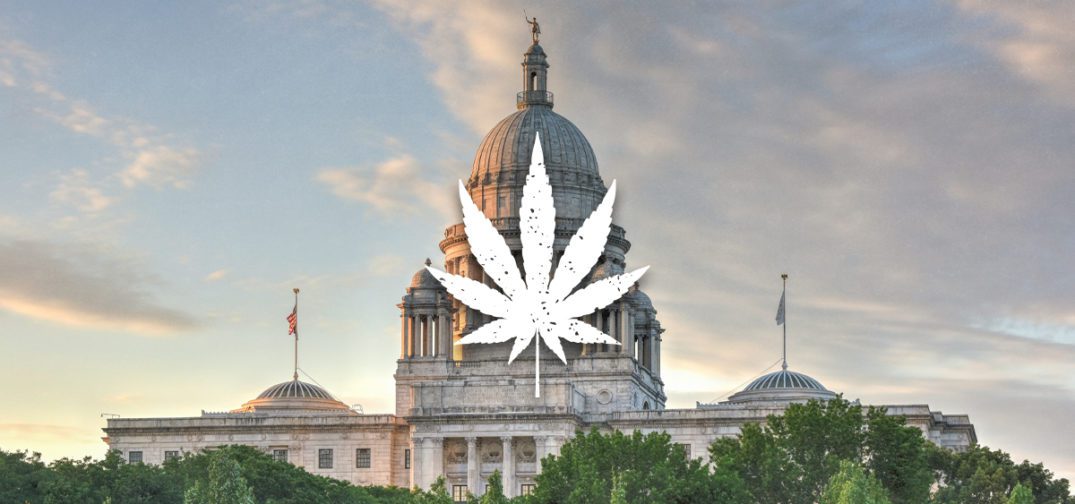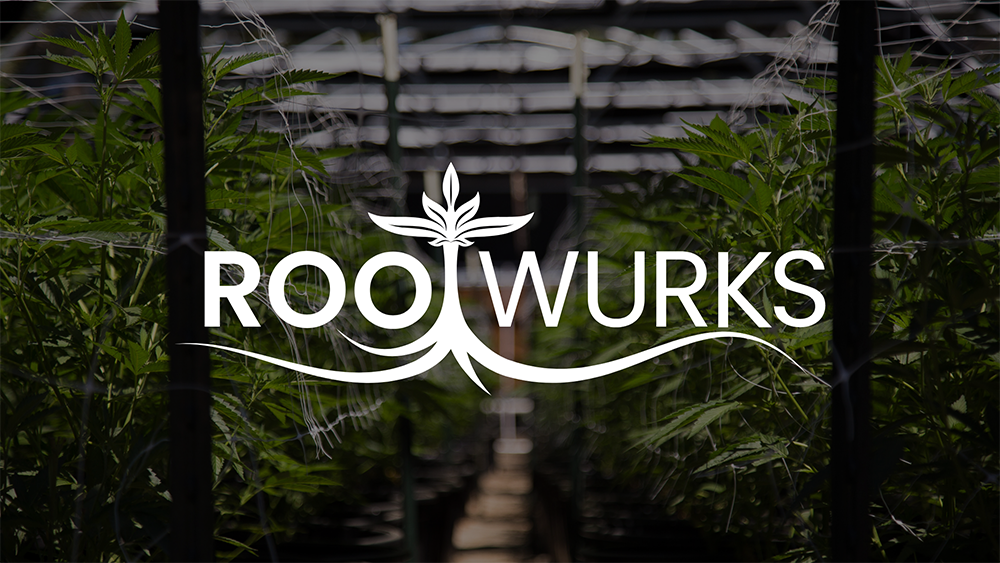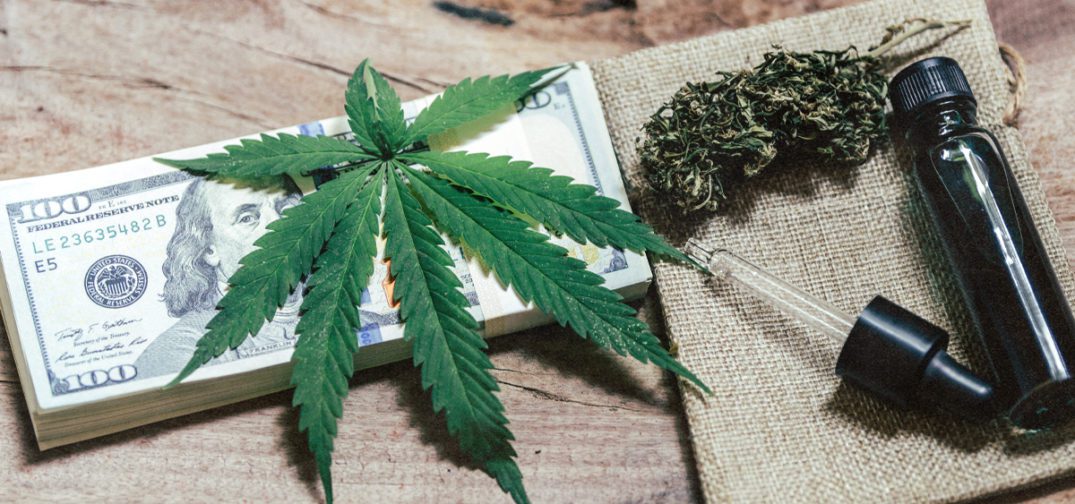The OPEN Foundation invites you to the Interdisciplinary Conference on Psychedelic Research this September, featuring the world’s best experts on psychedelic science and therapy.
AMSTERDAM, May 26, 2022 (GLOBE NEWSWIRE) — The OPEN Foundation, a European non-profit organisation dedicated to advancing psychedelic research and the responsible integration of psychedelics into science, healthcare, and society since 2007, is proud to announce the 5th edition of its pioneering and sought-after Interdisciplinary Conference on Psychedelic Research (ICPR), taking place on September 22-24, 2022 in Amsterdam, the Netherlands.
ICPR 2022 will showcase the latest findings in psychedelic science, novel approaches in psychedelic therapy, and feature developments in policy, consciousness research, neuroscience, philosophy, and much more. Research participant perspectives are featured prominently, and experts will discuss issues around ethics, investment, and the hype surrounding psychedelics.
“Psychedelics have never been hotter,” said Joost Breeksema, the executive director of OPEN Foundation and the organiser of ICPR 2022.
“Studies are published in high-ranking journals like Nature and Science, investors are throwing millions at psychedelic start-ups, and new companies pop up like mushrooms,” Breeksema explains. “And it’s in their interest to make psychedelics look like miracle cures. They are not magic bullets but are promising. So we need to discuss openly and critically how we can remain balanced and ensure the potential of psychedelics can be optimised without compromising safety.”
ICPR 2022 will feature over a hundred experts from psychiatry, healthcare policy, neuroscience, the humanities, and pharmacology. Besides engaging lectures, there will be interactive panel discussions, experiential workshops, symposia, film screenings, social gatherings, and much more. ICPR 2022 will facilitate opportunities to meet and connect with world-renowned experts like Paul Stamets, Katrin Preller, David Nutt, Amanda Feilding, Roland Griffiths, Kim Kuypers, Rick Doblin, Janis Phelps, David Nichols, Monnica Williams, Peter Gasser, Mendel Kaelen, Erika Dyck, Matthias Liechti, Bernardo Kastrup, and many more speakers.
“Since 2007 our focus has been on high-quality science”, said Breeksema. “But we are talking about vulnerable people receiving very powerful and potentially destabilising experiences. We need to talk about challenges and risks transparently. How do we deal with therapist transgressions? And how do we make sure treatments are safe, accessible, and inclusive? To discuss these crucial topics together is why we organise this conference”.
ICPR 2022 is the perfect opportunity to learn and connect with academics, therapists, researchers, clinicians, policymakers, entrepreneurs, and members of the public interested in advancing psychedelic research and therapies.
Tickets are now on sale here and you can save €100 by using the special code: PRESS100
Learn more about ICPR 2022 by connecting on social media using the #ICPR2022 hashtag.
LinkedIn
Twitter
Facebook
Instagram
YouTube
About ICPR: The Interdisciplinary Conference on Psychedelic Research (ICPR) is Europe’s pioneering and one of the largest conferences dedicated to advancing psychedelic research and therapies organised by the OPEN Foundation since 2010. ICPR is a biennial conference with a focus on science, therapy, and critical perspectives for academics, therapists, researchers, clinicians, policymakers, and members of the public.
About the OPEN Foundation: Founded in 2007, the OPEN Foundation is the leading non-profit organisation in the Netherlands and Europe dedicated to advancing the knowledge and understanding of psychedelics through research. We aim to optimise the potential of psychedelics in a therapeutic context and to help integrate psychedelics into society in a way that’s both sustainable and responsible. We fulfil our mission by bringing together and educating professionals, policymakers, and the public through conferences, training, membership programmes, and by facilitating and promoting rigorous, interdisciplinary research.
For more information contact:
Joost Breeksema
info@open-foundation.org
End


